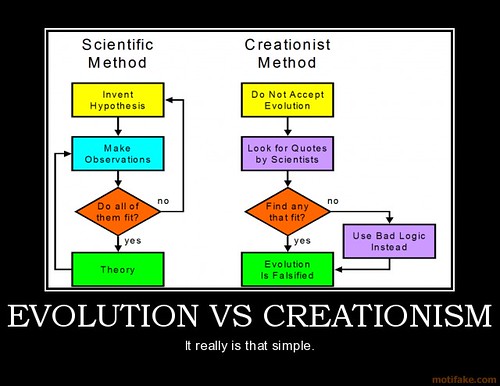Debating Design: The Bacterial Flagellum
by Frank Sherwin, M.A.
olecular motors--machines made of protein on the submicroscopic scale--are clear evidence of creative design (Romans 1:20). However, scientists who approach the data from an evolutionary perspective are quick to counter such design in the evidence. They insist that blind chance, mutations, and natural selection are all that is necessary to make a constant-torque, liquid-cooled, proton-motive force-powered rotating motor such as the tiny bacterial flagellum.
Did the flagellum have a purely naturalistic origin? Consider these two contradictory evaluations from secular scientists:
Natural selection thus accounts for the development of flagellum-driven bacterial motility.1
Natural selection can act only on those biologic properties that already exist; it cannot create properties in order to meet adaptational needs.2
Creation scientists do not object to natural selection in principle; however, it operates only on the information that is already present in the genes. Natural selection does not produce new information that would be required to make, for example, cyanobacteria.
A recent article sets out to counter the Intelligent Design argument of bacterial flagella's "irreducible complexity" by proposing that flagella developed as modular systems.3 The authors highlight an F-type ATPase--an enzyme clearly evidenced by design--and appeal to structures that are "equivalent" or "homologous" to other closely associated enzymes (e.g., homohexameric (FliI)6 ATPase of the flagellum and subunits of the F-ATPase). This is merely an extension of the evolutionary argument of homology -- that similar structures share a common developmental origin. Creation scientists state that these subunits do not have the same evolutionary descent, but rather the same Designer. In other words, God uses the same materials (N-terminal and C-terminal subunits) to make different micromachines in His creation (such as those found in mitochondria, chloroplasts, and bacteria). Put another way, there are many different bridges throughout the world, but a closer look shows that most of them use the same types of bolts, girders, and cables.
The authors use phrases such as "may have been" and "possibly arose" -- hardly the definitive declarations one should use to document the "fact" of evolution.
Concluding their arguments, the eight authors reveal their main objection to the design argument:
The English playwright Oscar Wilde said,
"Science is the record of dead religions." In terms of the intelligent design case regarding |the bacterial flagellum|, the current factual analyses force this example to exit the realm of religion and return fully to the arena of science.4
The refusal to allow the evidence to speak for itself is simply unscientific. Creation and science are not incompatible. And, quite unaware, these scientists are actually unlocking the mysteries of creation.
References
1 Wong, T. et al. 2007. Evolution of the Bacterial Flagellum. Microbe, 335-40.
2 Noble, E. et al. 1989. Parasitology: the Biology of Animal Parasites, sixth edition. Philadelphia: Lea and Febiger, 516.
3 Wong et al, 335.
4 Ibid, 339.
http://www.icr.org/article/3465/

